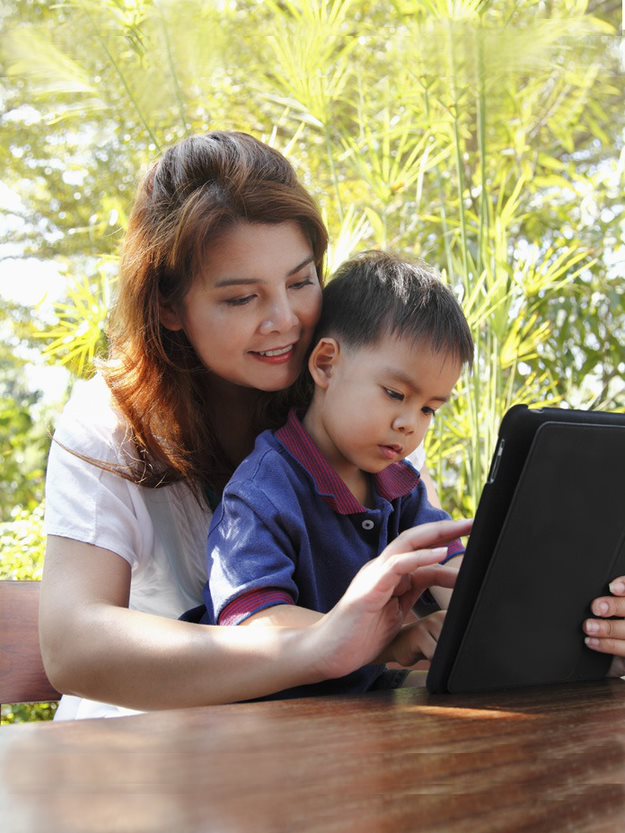CVS Health® provides the info on the next page. Aetna® is part of the CVS Health family of companies. If you want to stay on our site, choose the “X” in the upper right corner to close this message. Or choose “Go on to next website” to move forward to CVS.com.
Questions?
You can call Member Services at 1-800-279-1878 (TTY: 711). We’re here for you 24 hours a day, 7 days a week.
You can call Member Services at 1-800-279-1878 (TTY: 711). We’re here for you 24 hours a day, 7 days a week.
Make a plan

Make a plan
Make and practice a disaster plan for you and your family. This can help keep everyone safe, aware and together. Include an emergency supply kit in your plan, as well as details on:
- What to do and where to go if you have to leave your home
- Where to meet if your family becomes separated
- How to get emergency alerts and warnings
Some family members may need special care during an emergency. Make sure you have a plan for everyone, including:
- Older adults
- Children
- Those with disabilities
- Pets
During the COVID-19 pandemic, you’ll want to update your plan. Be sure you include steps to keep your family safe from COVID-19, too. Just check with the Centers for Disease Control and Prevention (CDC) for more info.
In the event of a disaster, make sure you have an emergency supply kit ready when you need it. Prepare your kit to include at least three days of food, water, clothing and medications. You can add any other items based on your family’s needs.
Need to make a checklist? See this emergency supply list (PDF) for ideas.
It’s never too early to talk with kids about a disaster plan. Knowing what to expect will help them prepare and have less fear. They'll also learn how to stay safe in the event you aren't with them.
Your disaster plan should include your pets, too. The best way to prepare is to pack a pet “go bag.” Make sure it includes food, medications, documents and other items your pets may need. If you have to leave your home, don’t leave your pets behind. Be sure to take them with you.
Here are some other steps you can take to keep your pets safe:
- Bring pets indoors.
- Find a pet-friendly hotel in case you need to relocate.
- Make sure your pets are current on vaccines. Pet shelters may require proof of vaccination.
- Have current photos of your pets.
- Keep a collar with an ID tag on your pets.
- Have a leash or pet carrier ready.
- Have enough food, water and newspapers or trash bags for clean-up.
You’ll want to seek shelter before a disaster happens. If you have to leave your home, make sure you know a safe place to go. The more options, the better.
You may find shelter by staying at:
- The home of a family member or friend
- A hotel
- An emergency shelter
Preparing your home before a storm or a disaster can help you lower the chance of damage.
Take these steps to help secure your home:
- Turn off electricity and water.
- Leave natural gas on.
- Turn off propane gas service.
- If you expect flooding, use sandbags to keep water away from your home.
- Cover the outside of windows with shutters or plywood.
- Bring things indoors (outdoor furniture, toys, hanging plants and any other objects that can blow away).
Medication refills
Questions about your medications? You can call your local pharmacy for more info. If a disaster or emergency affects your area, you may be able to get an early refill.
Telehealth
During an emergency, you may not be able to see your doctor in person. Through secure video on your computer, you can meet with a doctor. Telehealth is ideal for the treatment of common health conditions. Cold or flu? Great reasons to use telehealth. You can also get help with allergies, sinus problems and more.
We’re here to help
Need help finding a provider or pharmacy during or after an emergency? Just call us at 1-800-279-1878 (TTY: 711). We’re here for you 24 hours a day, 7 days a week.

